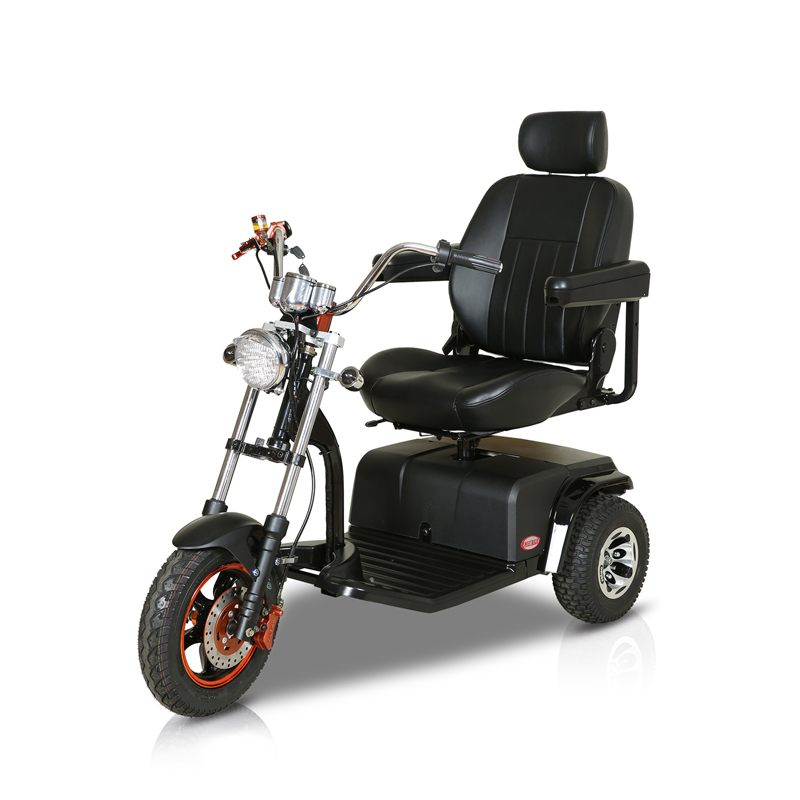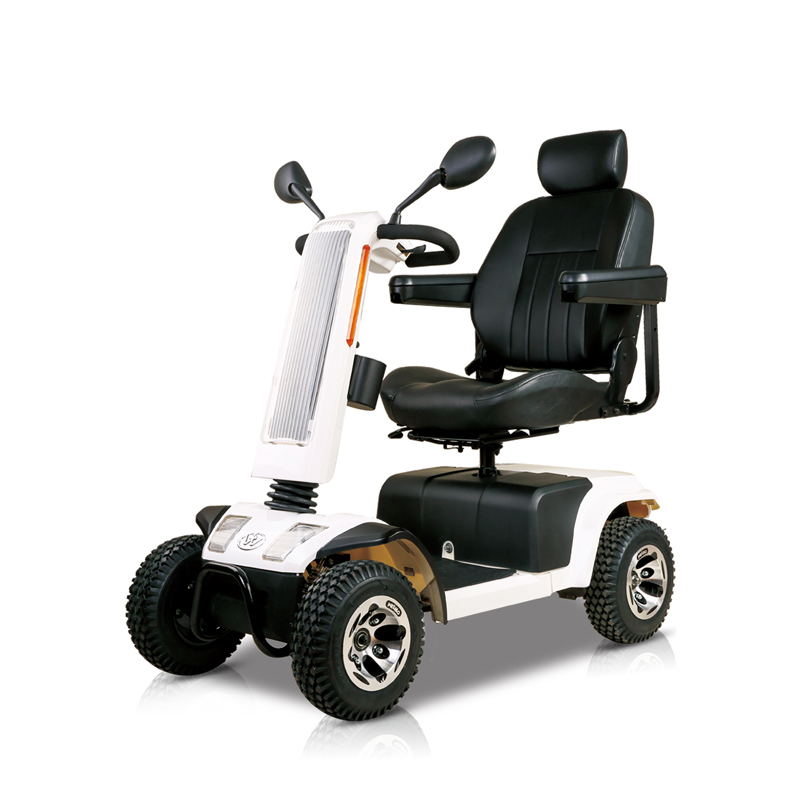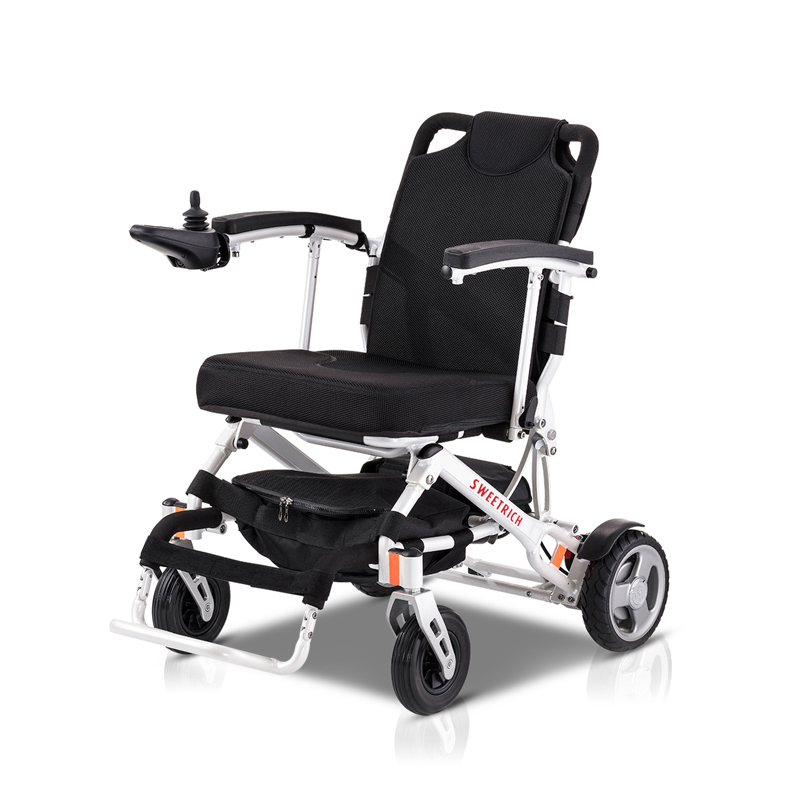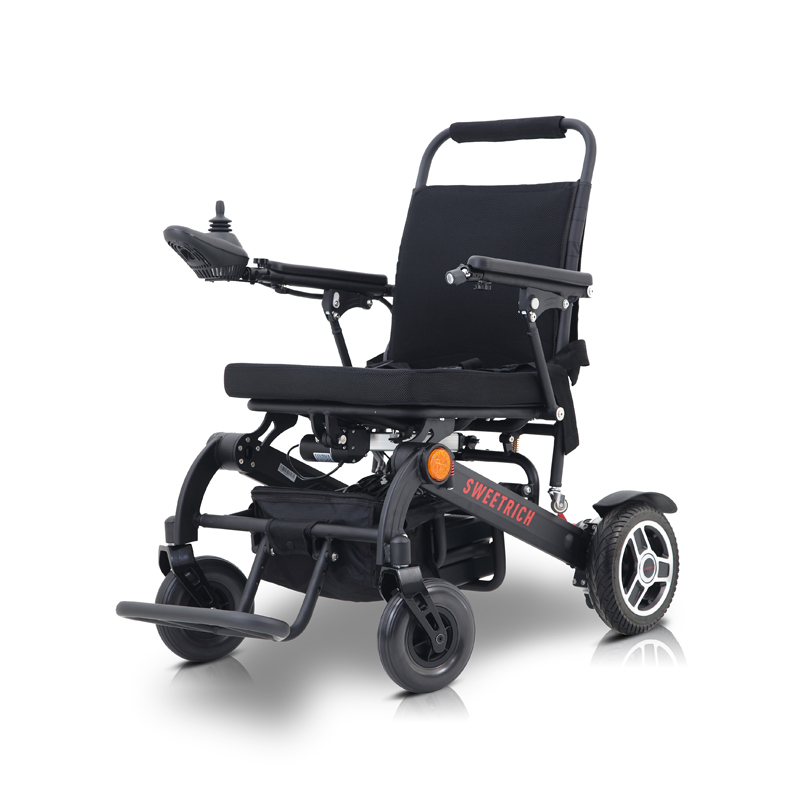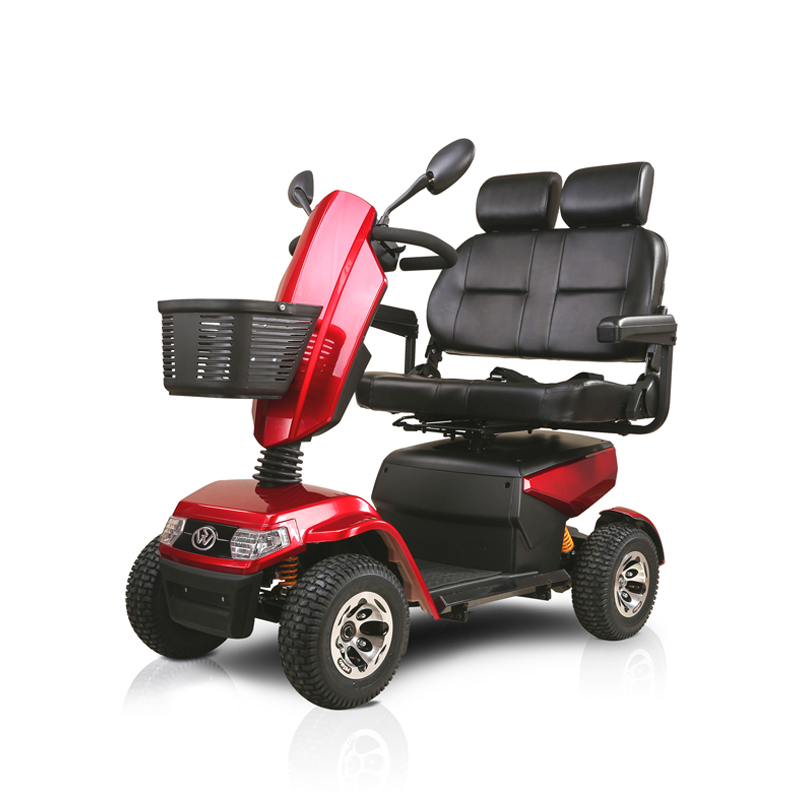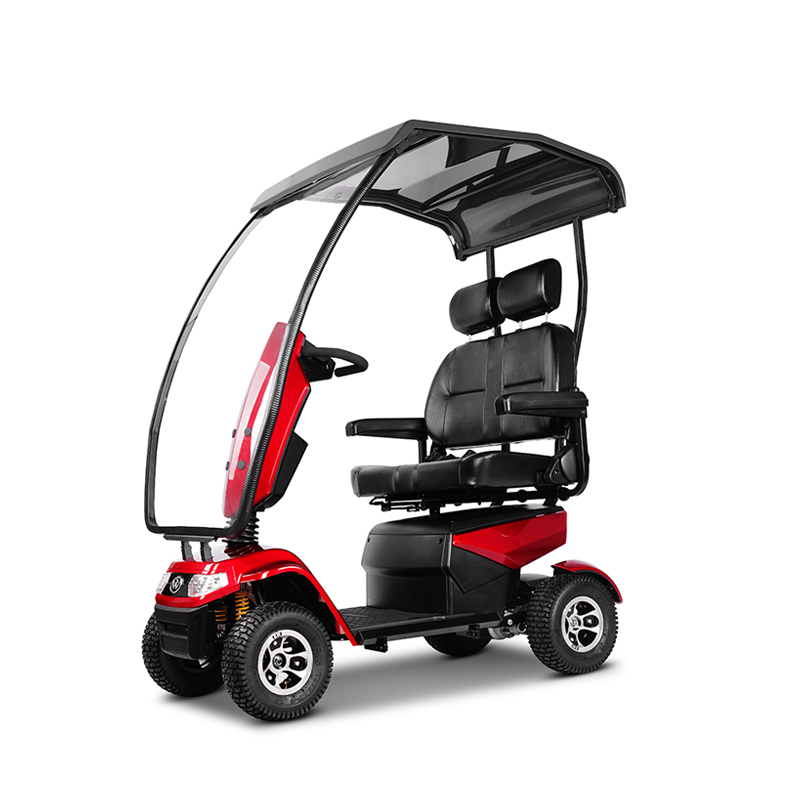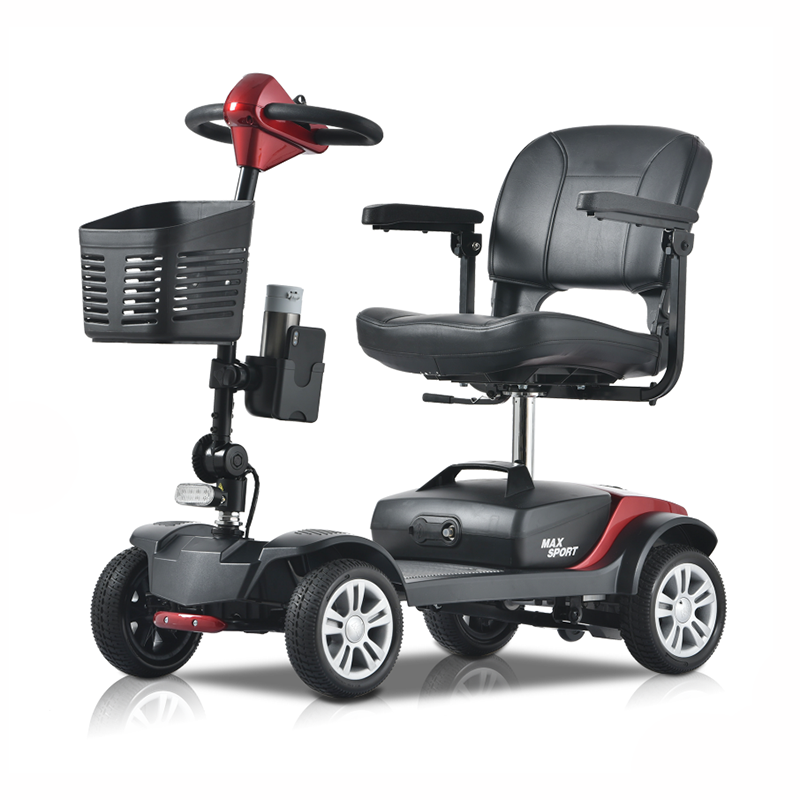For every Wholesale Wheelchair Manufacturer, the integration of material innovation and battery advancements is driving a new era of mobility solutions. The industry is developing quickly, with lightweight alloys and carbon fiber reshaping portable wheelchair design, while long-range, fast-charging, and modular batteries are redefining the functions of power wheelchairs. These developments are not only changing product performance but also enhancing user independence and convenience.
Lightweight design has become a core concept in portable wheelchairs, with materials such as aluminum, magnesium, and carbon fiber composites increasingly replacing traditional steel frames. These materials reduce weight significantly while maintaining durability. Aluminum, known for its corrosion resistance, affordability, and flexibility in processing, is a practical choice for large-scale wheelchair production. Magnesium alloys, though more expensive, offer greater weight reduction, which is essential for users who frequently travel or require compact folding designs. A lighter wheelchair allows users to fold, lift, and transport it with greater ease, making it suitable for daily commuting and travel. Carbon fiber, with its strength-to-weight ratio, ensures stability under load while maintaining a slim profile. For manufacturers, these materials create opportunities to develop products that meet modern expectations for portability and comfort.
However, these innovations also bring challenges. Lightweight alloys may be prone to fatigue under repeated stress, while carbon fiber requires specialized manufacturing techniques, which can increase production costs. Finding the balance among affordability, strength, and usability remains an ongoing consideration. Engineers are exploring hybrid designs that combine both materials, creating wheelchairs that achieve performance while remaining cost-effective. This approach allows manufacturers to deliver practical solutions for a wider range of users.
As materials redefine structure, battery technology is reshaping the market for power wheelchairs. Extended range has become a top priority, as users expect wheelchairs to operate throughout the day without frequent charging. Compared with traditional lead-acid batteries, lithium-ion and lithium-polymer batteries now provide longer travel distances. These improvements allow users to navigate daily activities with fewer limitations, enhancing freedom and reducing reliance on external charging stations.
Fast charging further strengthens convenience. Modern systems can deliver substantial charging levels in less than an hour, reducing downtime and addressing concerns about unexpected power loss. For users, this translates into reliability; for manufacturers, it resolves one of the common concerns in power wheelchair use, offering a competitive advantage.
The development of modular battery systems marks another important step. Instead of relying on a single large unit, wheelchairs can now use smaller, interchangeable packs. This design simplifies maintenance, offers flexibility for longer travel, and allows for upgrades as new technologies emerge. For a Wholesale Wheelchair Manufacturer, modularity also improves production and service logistics, creating an adaptable platform for diverse product lines.
Nevertheless, progress must address structural and safety considerations. High-density batteries require compact integration, which raises challenges for thermal management. Advanced housing materials, efficient cooling systems, and intelligent battery management software are essential to ensure safety during prolonged use or rapid charging. At the same time, ensuring that lightweight wheelchair frames can accommodate these advanced batteries requires precise engineering. The fusion of material science and energy storage calls for innovative design strategies that balance performance with long-term reliability.
Sustainability adds another dimension to the development process. Environmentally responsible alloy production, recyclable carbon fiber composites, and structured battery recycling programs are gradually being adopted in wheelchair manufacturing. These practices not only comply with regulatory standards but also align with consumer expectations for eco-friendly products. By implementing sustainable approaches, manufacturers can strengthen market reputation and contribute to broader global goals.
Together, material innovation and battery technology are reshaping mobility solutions, delivering lighter, stronger, and more versatile wheelchairs that address the diverse needs of modern users. Sweetrich, by integrating advanced alloys, carbon fiber structures, and high-performance battery systems, is setting new benchmarks in both portability and powered mobility.

